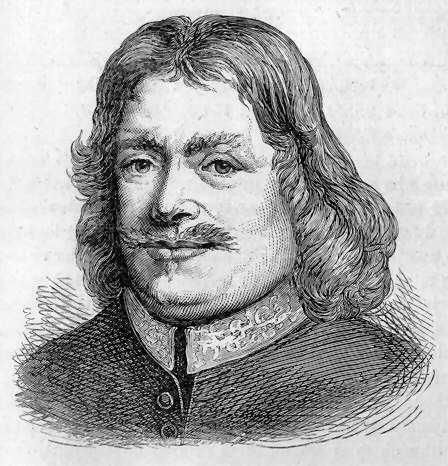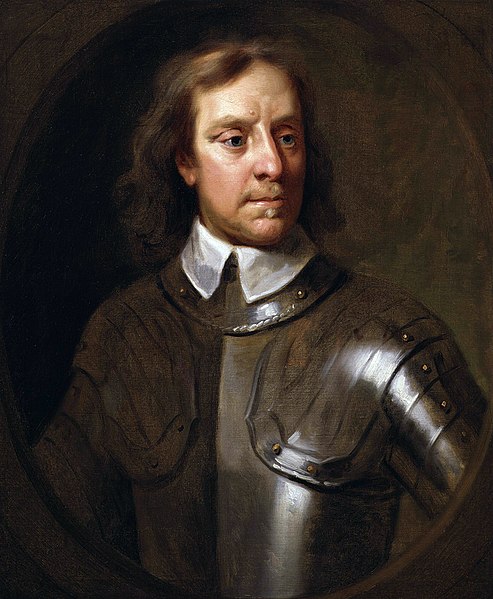
“Be ye therefore very courageous to keep and to do all that is written in the book of the law of Moses, that ye turn not aside therefrom to the right hand or to the left,” Joshua 23:6.
Courage (the word carries the meaning, ‘lay hold of strongly and firmly) is often urged upon those who are required to obey the commands of God.
The great John Bunyan captured the meaning of these words in his famous hymn.
Who would true valour see,
Let him come hither;
One here will constant be,
Come wind, come weather
There’s no discouragement
Shall make him once relent
His first avowed intent
To be a pilgrim.
Whoso beset him round
With dismal stories,
Do but themselves confound;
His strength the more is.
No lion can him fright,
He’ll with a giant fight,
But he will have a right
To be a pilgrim.
Hobgoblin, nor foul fiend,
Can daunt his spirit;
He knows he at the end
Shall life inherit.
Then fancies fly away,
He’ll fear not what men say,
He’ll labour night and day
To be a pilgrim.
Here are some examples of the usage of the word among the many that are recorded in the Bible.
“Therefore shall ye keep all the commandments which I command you this day, that ye may be strong, and go in and possess the land, whither ye go to possess it,” Deuteronomy 11:8.
“Be strong and of a good courage, fear not, nor be afraid of them: for the LORD thy God, he it is that doth go with thee; he will not fail thee, nor forsake thee. And Moses called unto Joshua, and said unto him in the sight of all Israel, Be strong and of a good courage: for thou must go with this people unto the land which the LORD hath sworn unto their fathers to give them; and thou shalt cause them to inherit it,” Deuteronomy 31:6-7.
“And he gave Joshua the son of Nun a charge, and said, Be strong and of a good courage: for thou shalt bring the children of Israel into the land which I sware unto them: and I will be with thee,” Deuteronomy 31:23.
“Be strong and of a good courage: for unto this people shalt thou divide for an inheritance the land, which I sware unto their fathers to give them,” Joshua 1:6. (more…)


